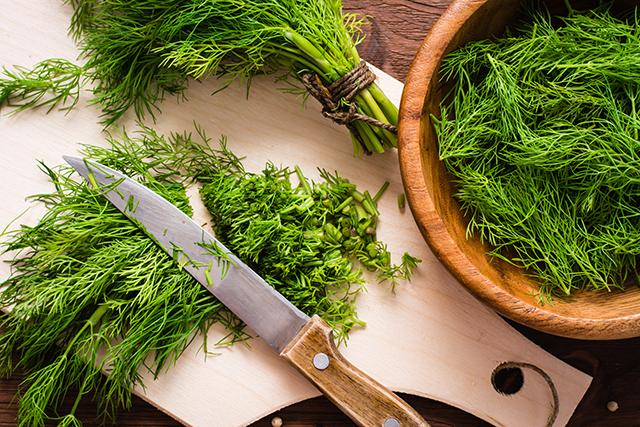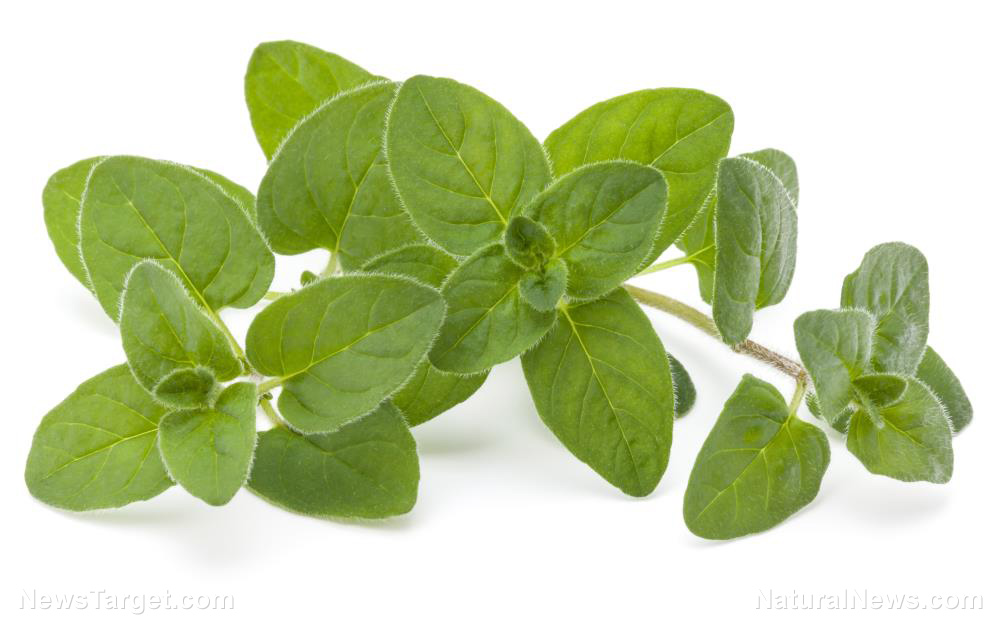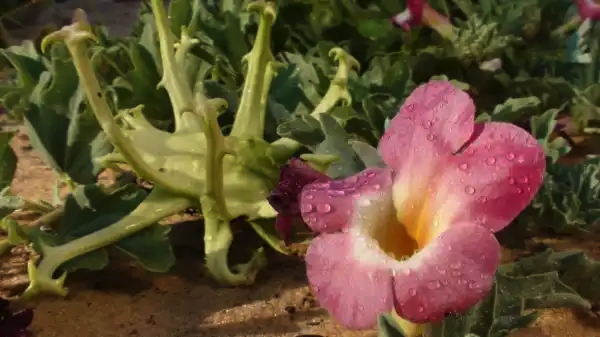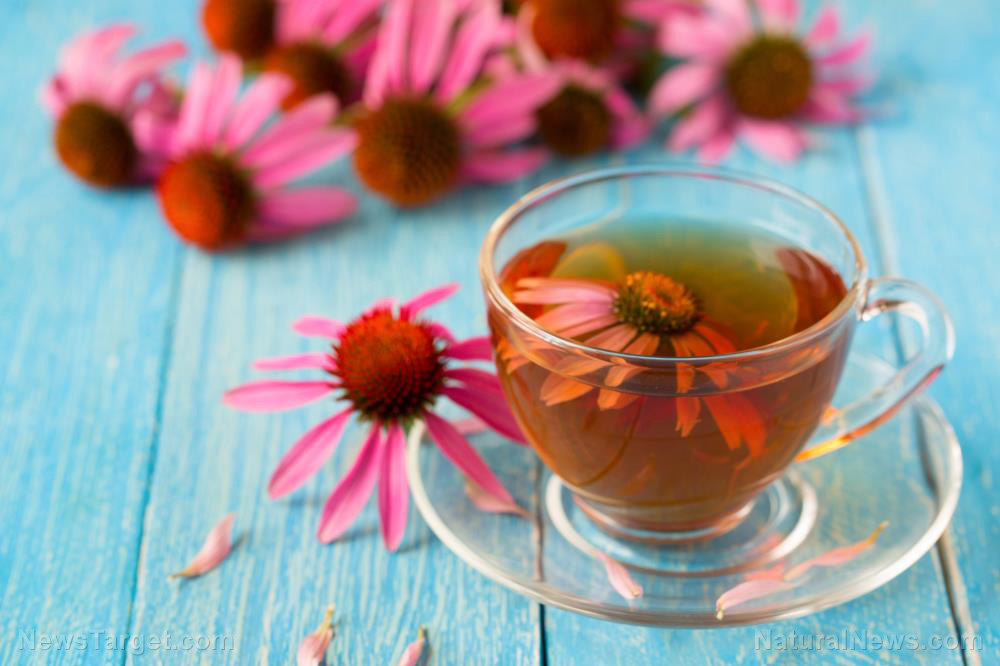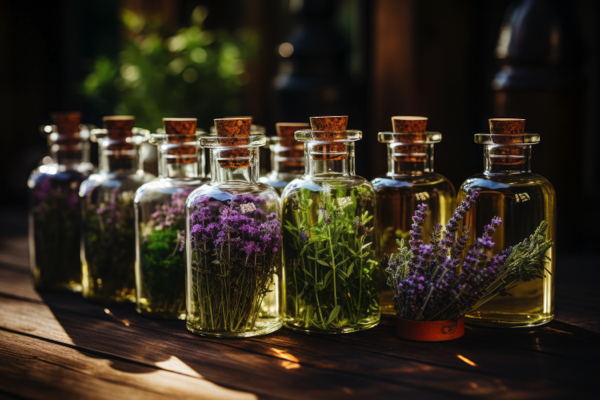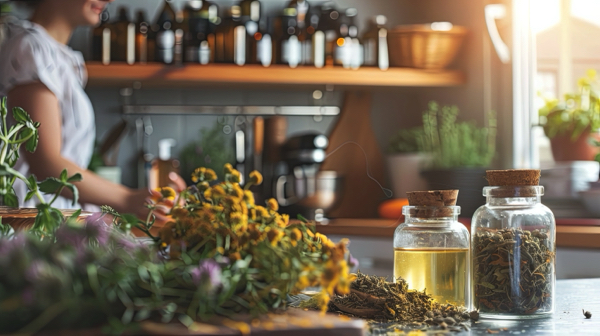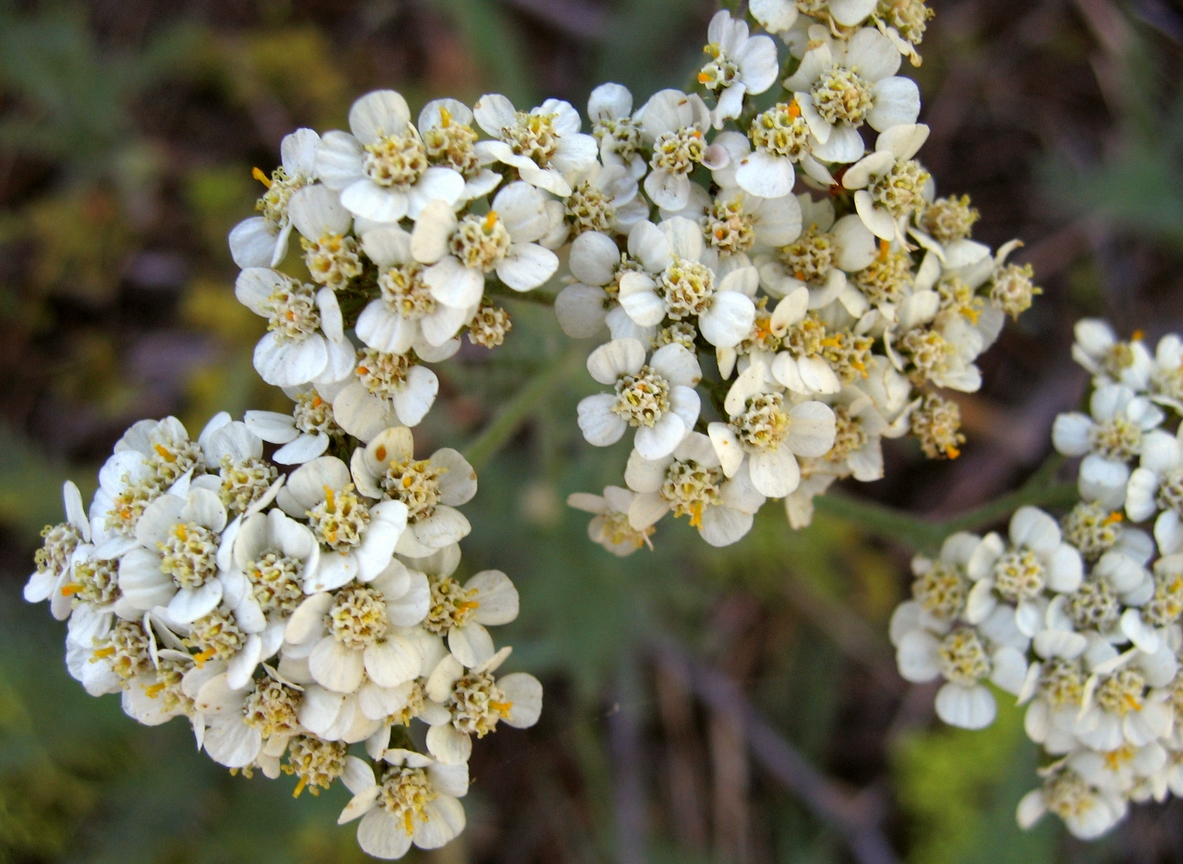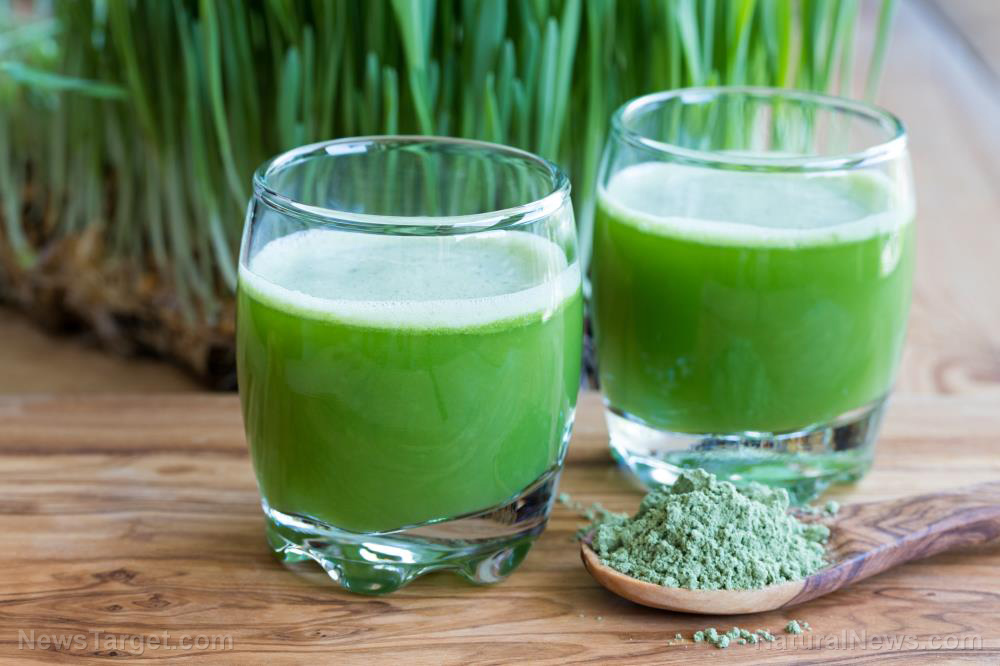Unveiling the mystique of vetiver: An essential oil for wellness
02/25/2025 / By Laura Harris

- Vetiver (Chrysopogon zizanioides) is a perennial plant native to India, cultivated for its essential oil with a distinctive earthy, woody aroma. Its oil is harvested through steam distillation after three years of growth.
- Vetiver has a rich history in traditional medicine, particularly in Ayurveda and Traditional Chinese Medicine, where it was used for its calming, cooling and medicinal properties.
- Vetiver essential oil offers numerous health benefits, including anti-inflammatory effects, stress relief, improved skin health, digestive aid and immune support.
- Vetiver essential oil is available in health food stores and online, typically in small bottles. It is best used topically or through inhalation, with recommended dosages of two to three drops diluted in a carrier oil or a few drops in a diffuser.
- While generally safe, vetiver essential oil requires precautions, such as performing a patch test, consulting a healthcare provider during pregnancy or breastfeeding and being cautious of potential interactions with certain medications.
Vetiver (Chrysopogon zizanioides) is a captivating and versatile plant with roots deeply embedded in the rich, fertile soil of tropical and subtropical regions across the globe. This grass-like perennial has been a source of fascination for centuries, not only for its striking appearance but also for its profound therapeutic properties. Vetiver’s distinctive aroma, often described as earthy, woody and slightly sweet, has made it a staple in the world of aromatherapy and holistic health.
Vetiver is native to India, where it has been cultivated for centuries for its essential oil. However, its cultivation has spread to other tropical and subtropical regions such as Sri Lanka, Haiti and Indonesia.
The oil is extracted from the roots of the vetiver plant through a process called steam distillation. The roots, which resemble a clump of tightly bound, dark brown to black fibers, are harvested after the plant has matured for at least three years. This process results in an essential oil with a deep, rich, and complex scent that is highly sought after in the fragrance industry, as well as in traditional and modern medicine.
The use of vetiver dates back thousands of years, with its earliest documented applications in Ayurvedic Medicine. In ancient India, vetiver was considered a sacred plant, often used in religious ceremonies and as a protective herb against negative energies. Its roots were also used to create cooling mats, which were laid on the ground to reduce the temperature and provide a refreshing atmosphere during hot summer months.
In Traditional Chinese Medicine, vetiver has been used to treat a variety of ailments, including insomnia, headaches and digestive issues. Its calming and grounding properties have made it a favored remedy in traditional healing practices across Asia.
Health benefits of vetiver
Vetiver essential oil is renowned for its wide array of health benefits. It has been studied extensively for its potential therapeutic effects on various conditions and symptoms.
- Anti-inflammatory properties: Vetiver has strong anti-inflammatory properties, making it effective in reducing swelling and pain associated with conditions such as arthritis, muscle spasms and joint pain. Its anti-inflammatory properties can also help reduce menstrual cramps and alleviate other symptoms associated with premenstrual syndrome.
- Anxiety and stress relief: Vetiver’s earthy and grounding aroma has a calming effect on the nervous system, helping to reduce anxiety and stress levels. This makes it an excellent remedy for promoting relaxation and improving sleep quality. (Related: Essential oil from this Turkish medicinal plant found to reduce dementia-related anxiety and depression.)
- Skin health: Vetiver oil has been shown to have excellent moisturizing properties, making it beneficial for dry and sensitive skin. It can help improve skin elasticity, reduce the appearance of fine lines and promote a more youthful complexion.
- Digestive health: Traditionally, vetiver has been used to improve digestion and alleviate symptoms such as bloating, cramps and constipation. Its mild laxative properties can help promote regularity in bowel movements.
- Immune support: Vetiver oil contains compounds that can boost the immune system, helping the body to fight off infections and diseases more effectively.
Availability and dosage
Vetiver essential oil is typically sold in small bottles, ranging from 10-50 milliliters. While it can be used as a dietary supplement, it is important to note that vetiver is best used topically or through inhalation. The recommended dosage for topical application is two to three drops diluted in a carrier oil, such as coconut or almond oil. For inhalation, a few drops can be added to a diffuser or a warm bath.
While generally safe, use of vetiver essential oil requires some precautions: Perform a patch test to check for allergies or sensitivities, consult a healthcare provider if you are pregnant or breastfeeding and use caution if you are taking medications as it may interact with certain drugs.
Take note, this story is not medical advice and is not intended to treat or cure any disease. Always consult with a qualified naturopathic physician for personalized advice about your specific health situation or concern.
Visit NaturalNews.com, a great article source where you can learn about plant-based essential oils and their health benefits.
You can also try Brighteon.ai, an AI model created by Mike Adams, the Health Ranger. This model is available as a free download to be run locally and is designed to help share and decentralize knowledge.
If you’re looking for an uncensored video free speech website where you can openly discuss nutrition, natural medicine, ingredients and more, check out Brighteon.com and out two free speech social media sites, Brighteon.IO and Brighteon.social.
Watch this video to learn if essential oils do really work.
This video is from TheOilCoach channel on Brighteon.com.
More related stories:
Defeating Lyme disease with essential oils.
Essential oils to create a cozy and relaxing winter atmosphere.
Essential oils for prepping: Must-haves for your survival kit.
Sources include:
Submit a correction >>
Tagged Under:
alternative medicine, Chinese medicine, essential oils, health science, herbal medicine, Herbs, natural cures, natural health, natural medicine, Naturopathy, plant medicine, remedies, vetiver
This article may contain statements that reflect the opinion of the author
RECENT NEWS & ARTICLES
Herbs.News is a fact-based public education website published by Herbs News Features, LLC.
All content copyright © 2018 by Herbs News Features, LLC.
Contact Us with Tips or Corrections
All trademarks, registered trademarks and servicemarks mentioned on this site are the property of their respective owners.

